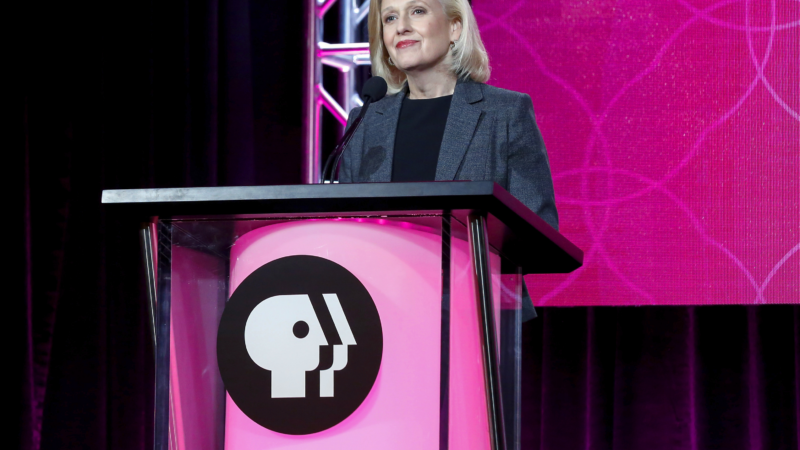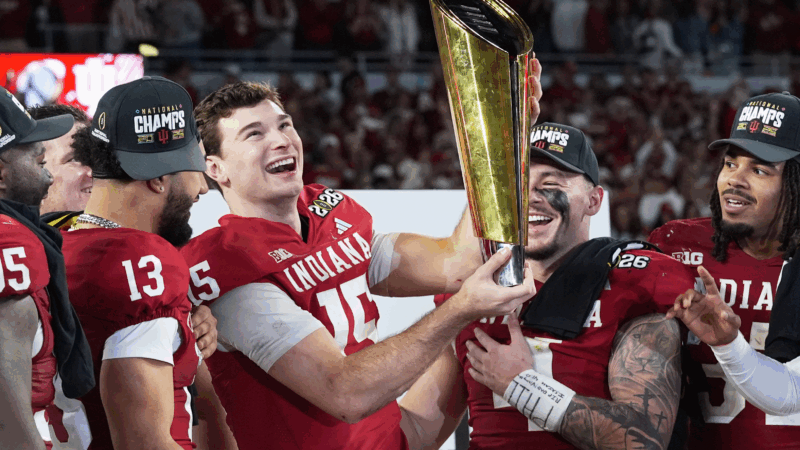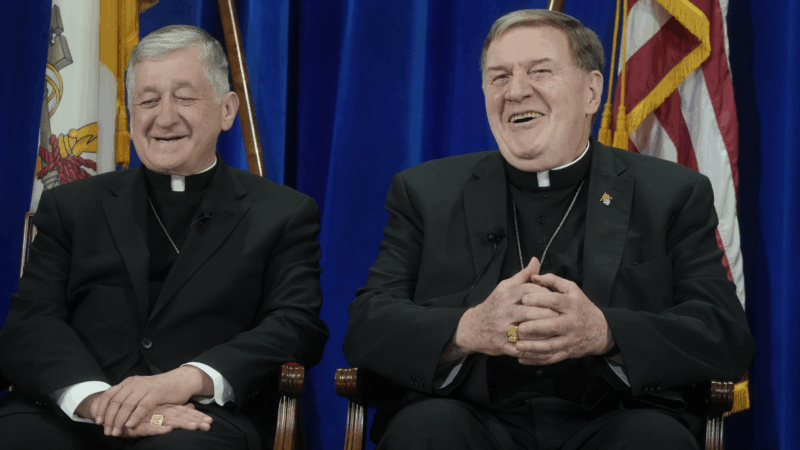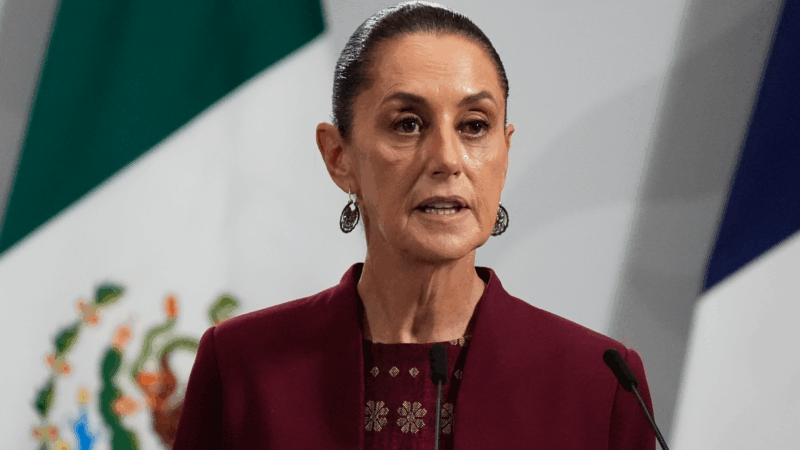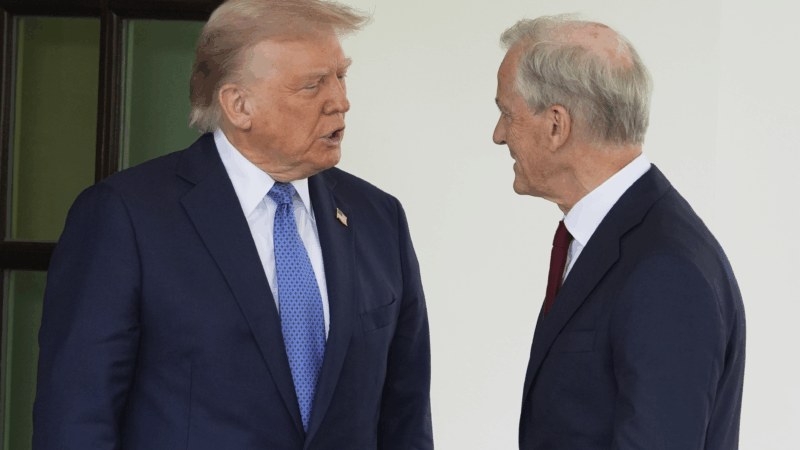PBS shutters DEI office
PBS is shuttering its Diversity Equity and Inclusion (DEI) office after President Trump last month issued executive orders aimed at curtailing DEI workplace initiatives.
“In order to best ensure we are in compliance with the President’s executive order around Diversity, Equity, and Inclusion we have closed our DEI office,” the public broadcaster said in a statement shared with NPR via email.
“The staff members who served in that office are leaving PBS. We will continue to adhere to our mission and values. PBS will continue to reflect all of America and remain a welcoming place for everyone.”
A memo from PBS president and CEO Paula Kerger that was shared with NPR says that on the advice of PBS’ legal council, the DEI office was closed and DEI staffers Gina Leow and Cecilia Loving are leaving PBS.
During his first term, Trump tried unsuccessfully on several occasions to axe or drastically reduce funding for the Corporation for Public Broadcasting, which is a funder of both PBS and NPR.
According to the Corporation for Public Broadcasting website, more than 70% of its annual federal appropriation goes directly to more than 1,500 local public media stations. In fiscal year 2023, CPB says its funding constituted around 10% of the average public television station’s total revenue, and 6% of the average public radio station’s revenue.
NPR also has a diversity office and dedicated DEI employees. It has not responded to requests for comment about whether it is considering closing the office.
The Federal Communications Commission is currently investigating PBS, NPR and their member stations’ underwriting amid Trump Administration concerns that sponsorship messages may be in violation of federal law prohibiting noncommercial educational stations from broadcasting commercials.
In addition, Rep. Marjorie Taylor Greene, the chair of the Subcommittee on Delivering on Government Efficiency (DOGE), has requested that PBS CEO Paula Kerger and NPR CEO Katherine Maher testify at a hearing in March concerning public media’s funding and journalism practices.
Disclosure: This story was reported and written by NPR Correspondent Chloe Veltman and edited by Culture Editor Jennifer Vanasco and Managing Editors Vickie Walton-James and Gerald Holmes. Under NPR’s protocol for reporting on itself, no corporate official or news executive reviewed this story before it was posted publicly.
Indiana completes undefeated season and wins first national title, beating Miami
Indiana bullied its way into the history books Monday night, toppling Miami 27-21 to put the finishing touch on a rags-to-riches story, an undefeated season and the national title.
Top U.S. archbishops denounce American foreign policy
The three most-senior cardinals leading U.S. archdioceses issued the rebuke in a joint statement on Monday, saying recent policies have thrown America's "morale role in confronting evil" into question.
Italian fashion designer Valentino dies at 93
Garavani built one of the most recognizable luxury brands in the world. His clients included royalty, Hollywood stars, and first ladies.
Sheinbaum reassures Mexico after US military movements spark concern
Mexican President Claudia Sheinbaum quelled concerns on Monday about two recent movements of the U.S. military in the vicinity of Mexico that have the country on edge since the attack on Venezuela.
Trump says he’s pursuing Greenland after perceived Nobel Peace Prize snub
"Considering your Country decided not to give me the Nobel Peace Prize… I no longer feel an obligation to think purely of Peace," Trump wrote in a message to the Norwegian Prime Minister.
Can exercise and anti-inflammatories fend off aging? A study aims to find out
New research is underway to test whether a combination of high-intensity interval training and generic medicines can slow down aging and fend off age-related diseases. Here's how it might work.

